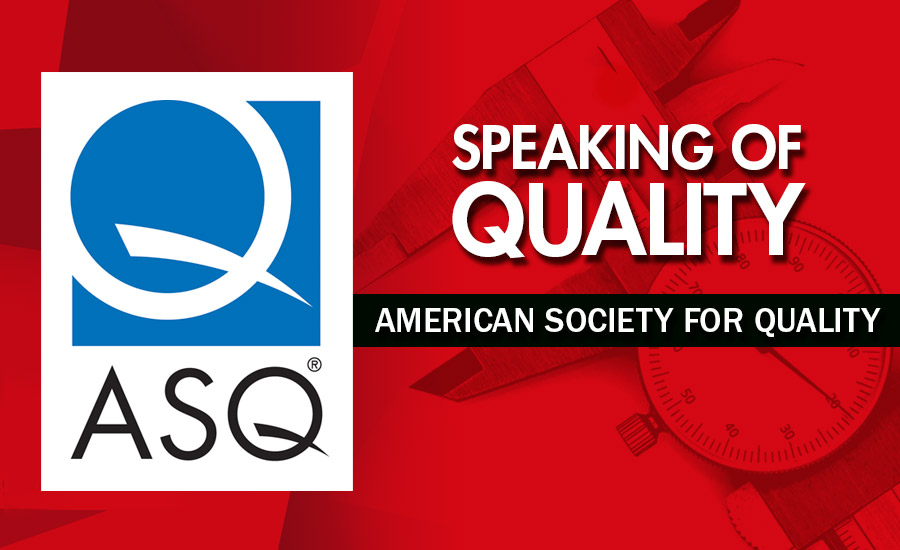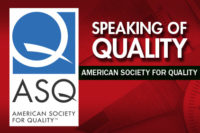You may have chosen to become a quality professional. Perhaps the profession chose you. Either way, the profession you’re in now won’t be the same profession in 2027. Same for your career goals.
A recent study led by ASQ and IAQ (International Academy of Quality) member leaders, including IAQ chair Liz Keim and ASQ past chair Pat La Londe, was drafted from survey results and focus group discussions to determine the key business changes quality professionals need to navigate and what skills they need to advance their careers. The full report is available at https://asq.org/quality-resources/research.
To effectively chart a learning path for the next decade, we need to understand the major business changes we will face. According to the Changing Competencies for Quality Professionals Report:
- Technology allows us to collect so much data and many don’t know how to make sense of it to help their organizations.
- Disruptors will continue to change businesses as we know them and introduce new ways of delivering value.
- As baby boomers leave the workforce, businesses need to rethink how they develop people. Leaders will emerge faster with less experience.
- Local products will gradually be valued more.
- Artificial intelligence will play a greater role in products, processes, and people’s lives.
- Quality management will struggle for resources and organizations will have difficulty accessing top management.
Changing Competencies for Quality Professionals, ASQ and IAQ, p. 4, 2017.
The good news is, quality professionals are not completely out of the loop. Keim and La Londe offered this summary of skill gaps supplied:
- Quality professionals need to become part of upper management and develop their skills to be leaders.
- Quality professionals need to be more innovative, creative, and business savvy.
- Individuals are not being taught to analyze and interpret data. Quality professionals need more training in advanced statistics.
- More focus is needed on failure analysis, root cause, and preventive action.
- Quality thinking must be applied to other business functions such as planning, marketing, support, and product retirement.
- Quality training must go beyond the problem-solving mode to value creation.
Changing Competencies for Quality Professionals, ASQ and IAQ, p. 4, 2017.
The Skill Set
With this preliminary information, the question becomes “How do we get there?” La Londe and Keim draft out a set of skills participants stated would meet future business needs and get more quality professionals into top management: business acumen and leadership; critical thinking and analysis; employee performance and cultural change; process management, improvement, and tools; and value of quality (from a strategic perspective as it affects organizational sustainability).
While some of the report findings simply restated or confirmed findings from previous research reports, Keim stated in an interview with ASQTV there was one true surprise. Regardless of continent or country, quality professionals need the same skills to remain relevant and advance. In terms of globalization, this is good news. While it is acknowledged that some economies are more advanced than others, the issues facing businesses, and the skills quality professionals need to advance, are the same. This can certainly be a benefit when investing in global supply chains and working with international workforces.
Where the Skills Start
While both La Londe and Keim would like companies and universities to work appropriate training and studies into advancement programs and curriculum, they acknowledge much of the burden will rest on your shoulders. You will need to decide what you will give to the profession and what the profession can give back to you. While emphasis in the report was given to getting more quality professionals into executive roles, your individual goals might not include that arena. And that’s okay. However, the basic skill set that will keep you a valuable, relevant asset remains the same. Developing your business language and acumen will only close the gap of understanding between quality, the shop floor and the C-suite.



